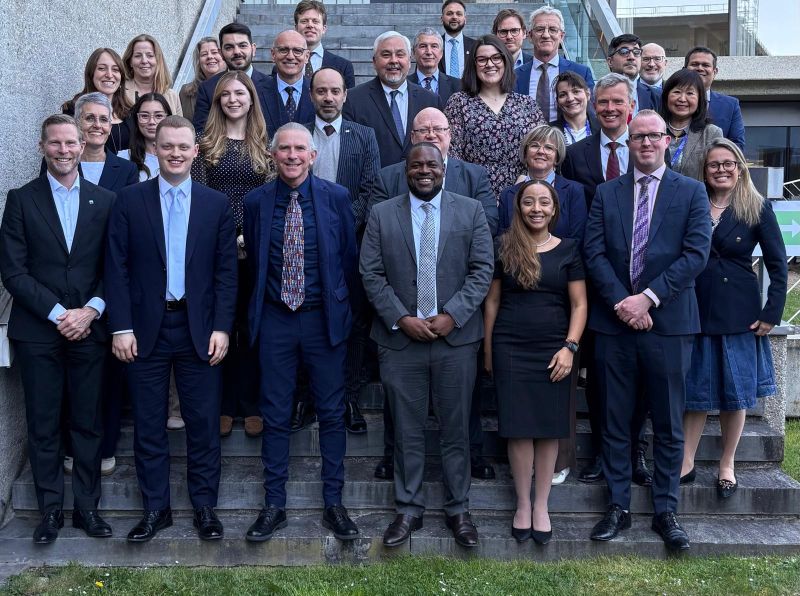The International Chamber of Shipping (ICS) has welcomed a series of landmark updates to the Maritime Labour Convention (MLC), following an intense week of negotiations at the International Labour Organisation (ILO) headquarters in Geneva.
Governments, shipowners and unions met on April 7 to 11, under the ILO’s Special Tripartite Committee on the MLC to review and adopt a series of amendments designed to reflect the evolving needs of seafarers and the maritime sector.
Tim Springett, Chair of the ICS Labour Affairs Committee and Spokesperson for the Shipowners’ Group at the meeting, said he had been “incredibly proud to represent Shipowners at the ILO this year for the Fifth Meeting of the STC, to review and amend the MLC.”
He added that he’d been “lucky enough to have the support of such a strong team,” and noted that “together we have been able to deliver some significant improvements to seafarers’ rights in collaboration with our government and social partners.”
“The accomplishments of STC prove that – whatever the issue facing our industry – when we come together, we can work it out,” he said.
The new provisions include recognising seafarers as key workers, stricter requirements for repatriation support, and mandatory measures to ensure seafarers can access shore leave without needing a visa or special permit.
Enhanced protections against bullying and harassment on board were also agreed.
Helio Vicente, ICS Director of Employment Affairs, called it “a successful and historic week of discussions.”
He explained that “working alongside national governments, and transport workers unions, under the auspices of ILO, we have adopted potentially transformational changes for seafarers and the industry.”
“These developments demonstrate our enduring commitment to improving the lives and working conditions of seafarers around the world,” he said.
One notable addition is the recommendation for ships to carry the ICS International Medical Guide for Seafarers and Fishers, which complements existing requirements for onboard medical resources.
The guide was developed by ICS with support from the International Transport Workers’ Federation (ITF) and the International Maritime Health Association (IMHA).
Corinne Vargha, Director of the International Labour Standards Department of the ILO, said that “at a time when the spirit of multilateralism and the added value of tripartism are called into question, the STC demonstrated that tripartite dialogue and multilateralism work and deliver effective solutions to global challenges.”
She said the “outstanding work accomplished this week, in particular the amendments adopted to strengthen protection against violence and harassment on board, the recognition of seafarers as key workers and access to shore leave will make a positive difference in the daily life of seafarers and shipowners.”
The ILO’s maritime tripartite process brings together national governments, the global shipowners’ group coordinated by ICS, and the seafarers’ group coordinated by ITF.
Delegates also agreed on a package of resolutions, including a framework for a future joint meeting between ILO tripartite partners and IMO Member States to review and potentially align overlapping provisions on hours of work and rest.
The MLC amendments adopted on April 11 are due to be endorsed during the 113th Session of the ILO’s International Labour Conference in June from 2 until 13.
They are expected to enter into force in December 2027.
The next Special Tripartite Committee meeting is scheduled for April 2028.






Click here to change your cookie preferences